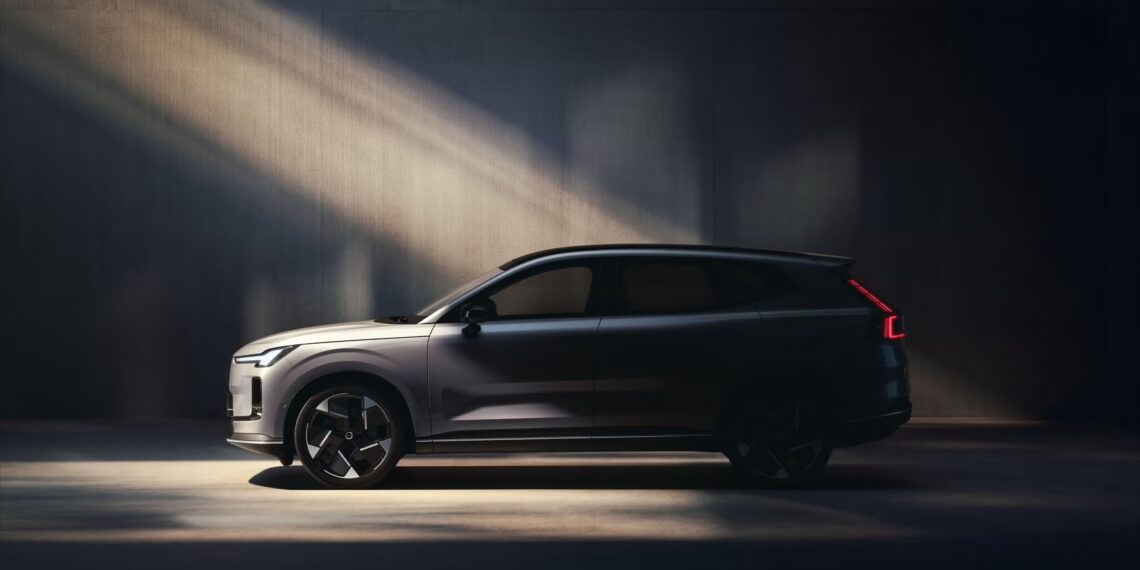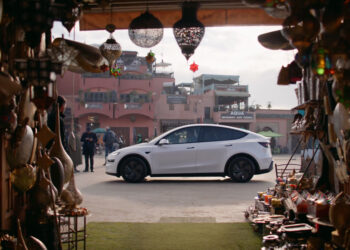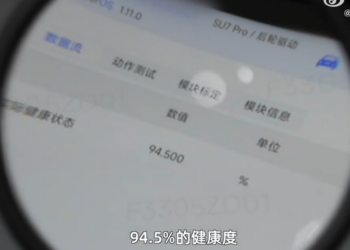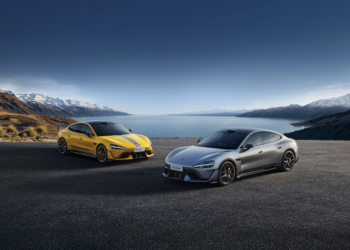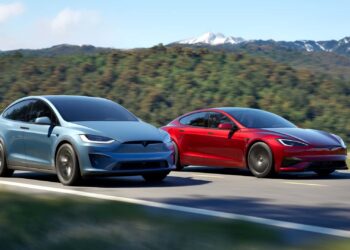The slower-than-expected transition to 100% electric mobility, so desired (when not imposed…) by the European Union (EU), is forcing many manufacturers to change their plans for the coming years, especially in the Old Continent. Volvo, for example, is in favor of extending the lifecycle of all plug-in hybrids (PHEV), as recently stated to Automotive News Europe by Hakan Samuelsson, the top executive of the Nordic brand owned by Geely, who emphasized all the arguments in favor of PHEVs, even advocating for investment in the development of the technology.
Volvo has recently updated its electrification plans, indicating that electric vehicles and PHEVs will represent 90-100% of its sales by 2030. However, as this goal is less ambitious than the one previously set, which was to focus solely on the production of fully electric cars by the end of the decade, the Swedish company is exploring the possibility of increasing financial and technical investment in the design of PHEVs with increasingly lower CO2 emissions, while remaining focused on absolute electrification, as the combustion engine seemingly has no future…
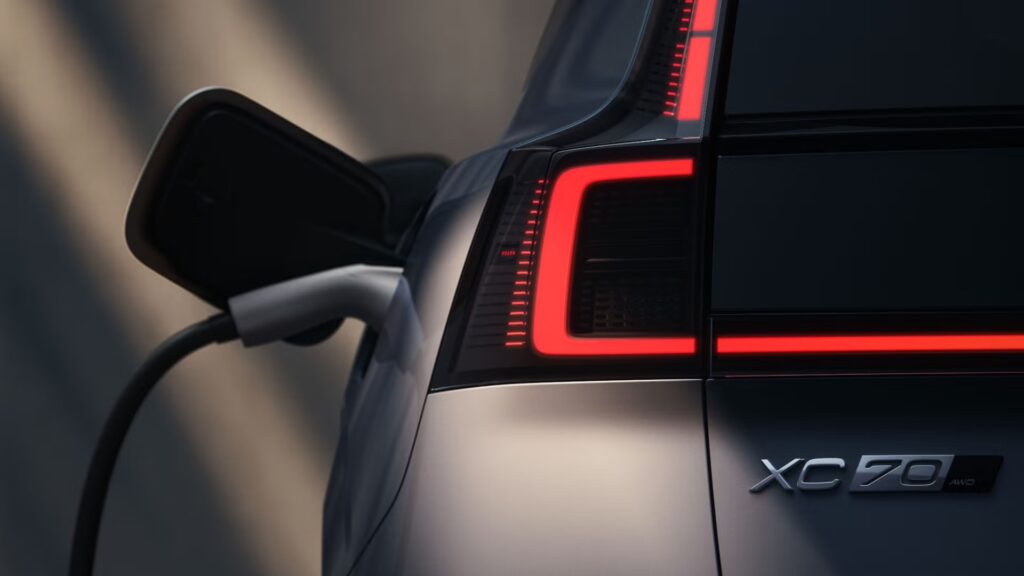
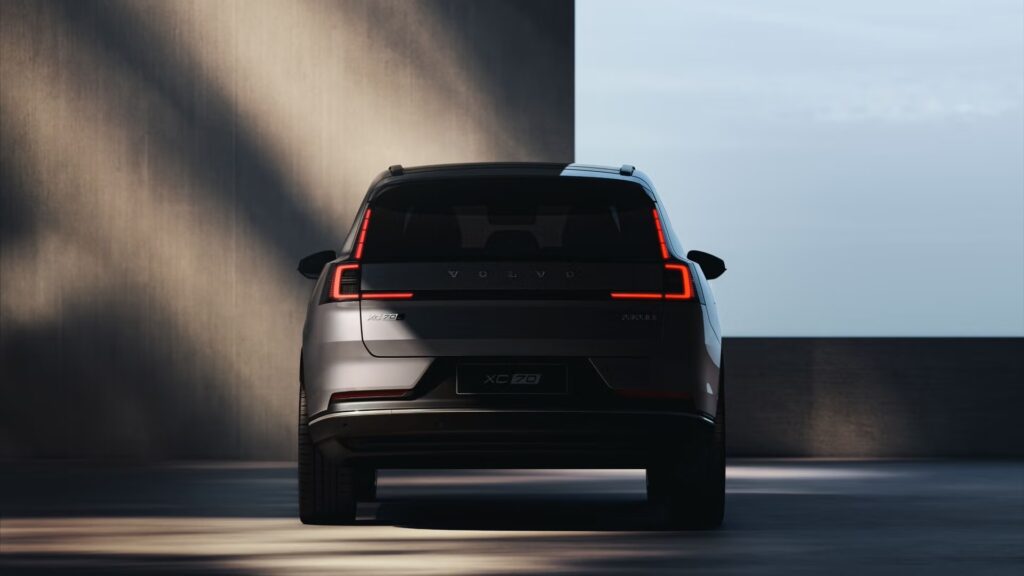
This new approach could feature models such as the new XC70, a PHEV that has already been confirmed for sale in the European market, although not before 2027, and is currently only available in China. Another beneficiary of this strategy will be the XC90, which may receive a PHEV system with range-extending technology! According to the same publication, the goal is to offer up to 160 km of action in 100% electric mode, a solution that will only be available starting in 2028. Hakan Samuelsson advocates for it as it resolves all the issues associated with the limited range of 100% electric vehicles and does not require a “high voltage” battery with large capacity.

